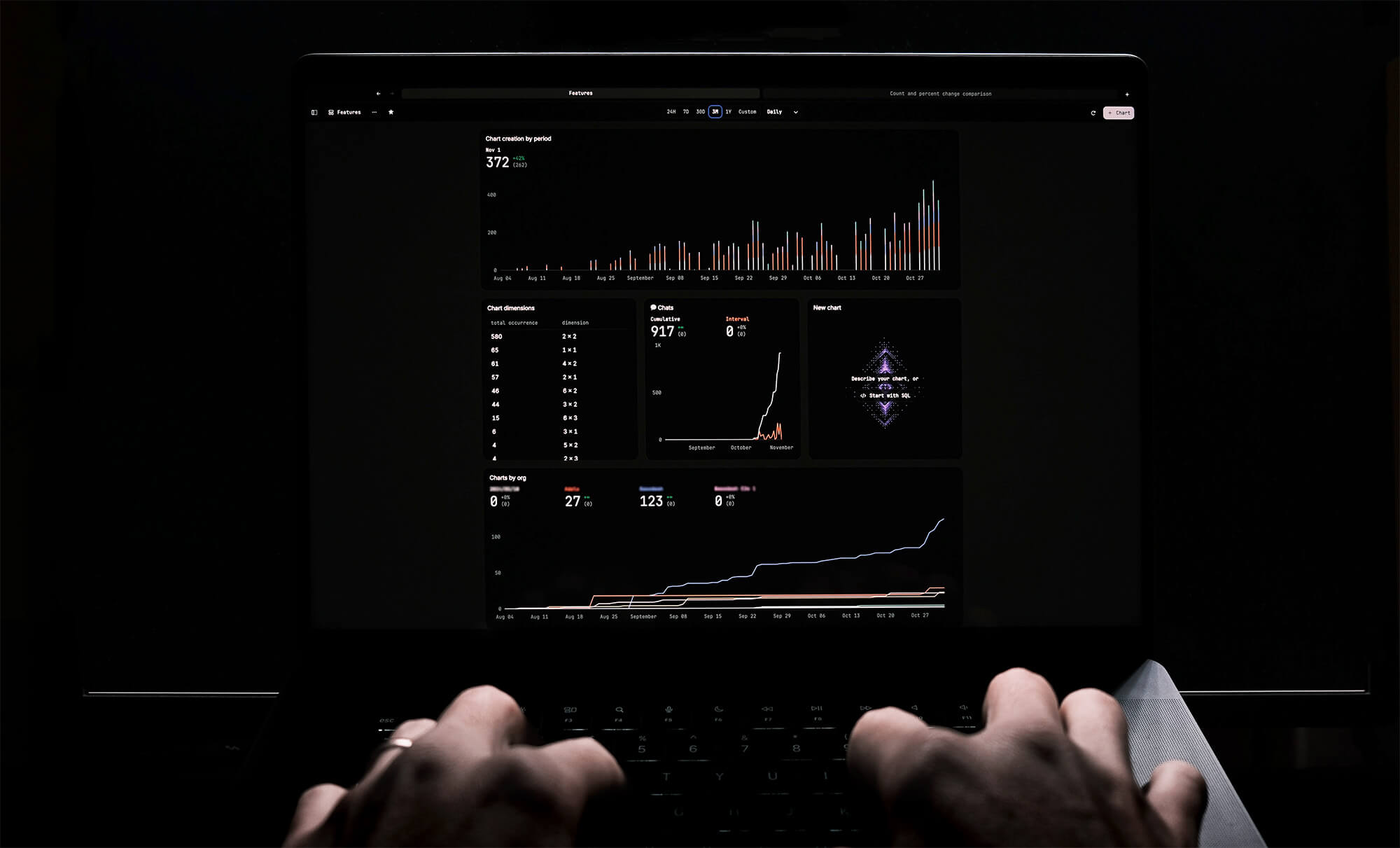
How to Parse Boolean Values in JavaScript
Parsing boolean values in JavaScript is important when handling user inputs, API responses, or configuration settings that may come in string format. JavaScript lacks a built-in function specifically for parsing strings into boolean values, unlike its functions for number parsing such as parseInt() or parseFloat(). This situation calls for a custom solution to accurately convert strings and other types into booleans. Continue further to learn more about parsing boolean values
Essential concepts for parsing booleans
The conversion to booleans in JavaScript hinges on understanding truthy and falsy values. JavaScript considers all values truthy except for a few falsy ones: false, 0, '' (empty string), null, undefined, and NaN. This rule means that objects and arrays, even empty ones, count as truthy.
How to create custom functions for boolean parsing?
To effectively parse boolean strings, you can implement a function that identifies the string "true" as true and treats all other strings as false. Here's a simple way to do this:
function parseBoolean(str) { return str.toLowerCase() === 'true'; }
This function turns the string "true" into true, regardless of case sensitivity, and considers any other string as false. To also explicitly recognize "false" as false, you can refine your function:
function parseBooleanEnhanced(str) { str = str.toLowerCase(); if (str === 'true') { return true; } else if (str === 'false') { return false; } // You may want to throw an error or handle unexpected strings specifically throw new Error('Invalid input: String must be "true" or "false".'); }
How to use the boolean constructor with caution?
The Boolean constructor in JavaScript can be misleading when used on strings because it converts any non-empty string, including "false", to true:
Boolean("false"); // returns true
Examples
In scenarios like processing environment variables or parsing query parameters, the parseBooleanEnhanced function ensures reliable and predictable conversion from strings to boolean values.
Invite only
We're building the next generation of data visualization.

How to Remove Characters from a String in JavaScript
Jeremy Sarchet
How to Sort Strings in JavaScript
Max Musing
How to Remove Spaces from a String in JavaScript
Jeremy Sarchet
Detecting Prime Numbers in JavaScript
Robert Cooper
How to Remove a Substring from a String in JavaScript
Robert Cooper
How to Convert a String to a Date in JavaScript
Max Musing





